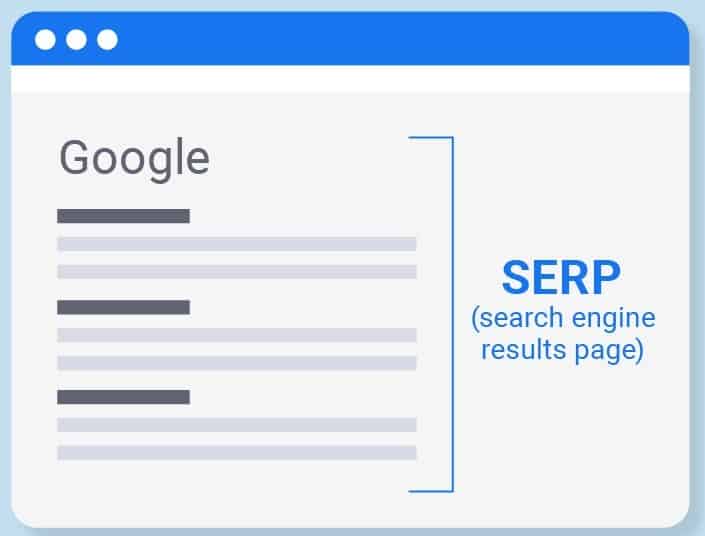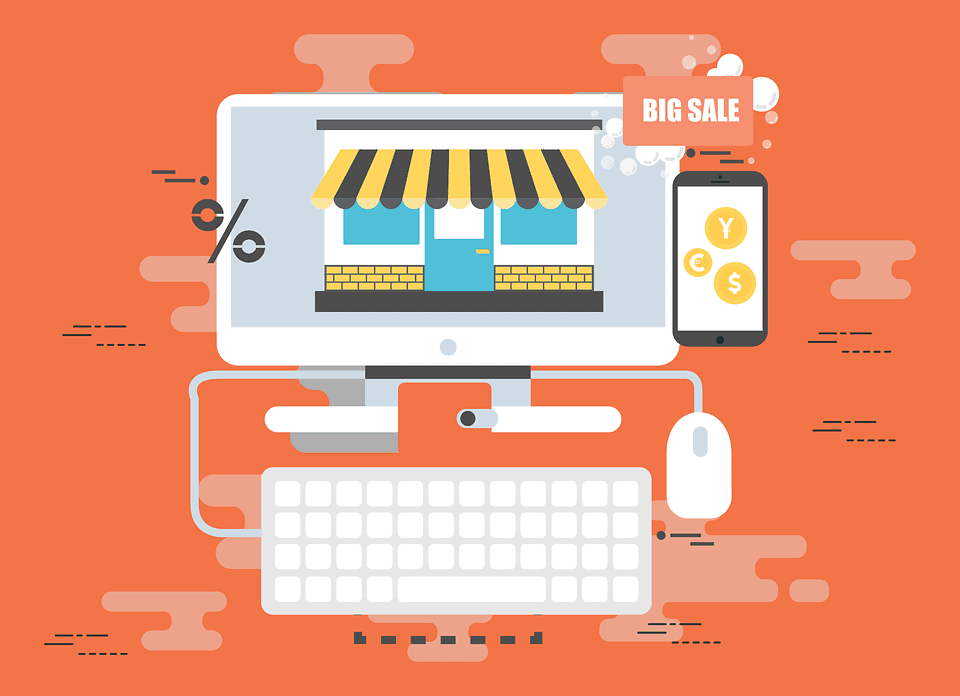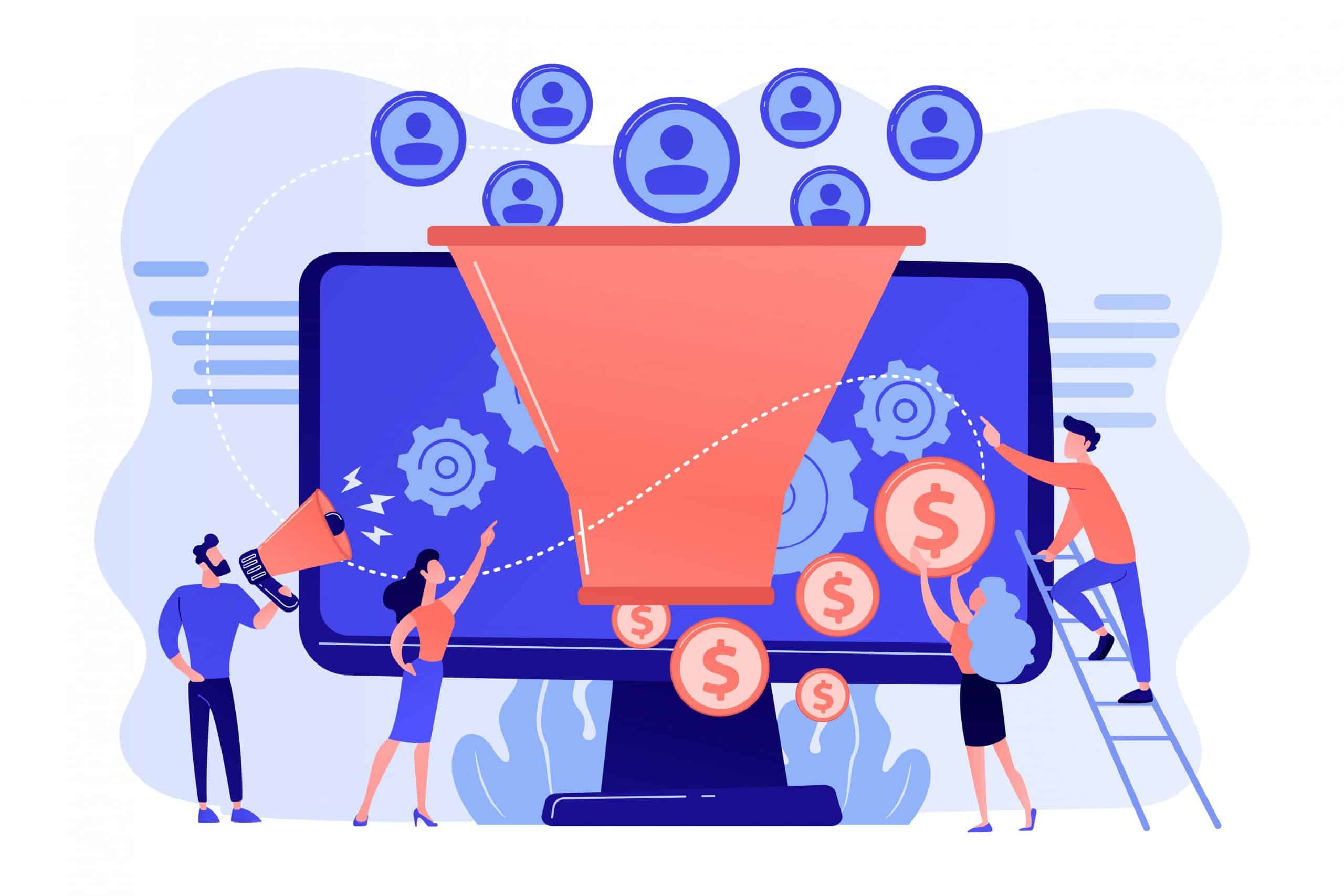Let’s say you have an idea where you have a software that can suggest the perfect make-up for your mood or the type of event you’re attending and you’re excited to share it with the world.
Unfortunately, you don’t have a clue how to share this marvellous idea to as many targeted users as possible.
Many businesses are faced with the same dilemma: getting found by the right people. It doesn’t matter if your software is the best or most accurate in the whole world.
There are 2 popular strategies to solve this problem: SEO and PPC. But which method is best for your make-up company?
SEO or search engine optimization can help your content higher and longer. Organic content found through search engines are likely to be clicked and trusted by audience. PPC or pay-per-click on the other hand requires you to spend money to get content in front of your target audience.
Let’s explore these 2 options.
What is SEO?
Investing in SEO increases the likelihood of your audience finding you when they search using search engines when they search for keywords or things related to your product or service.

It’s important to build a Google presence especially if you want your business to succeed. By improving your Google ranking you are also improving your visibility and domain authority. Google is also more likely to think that your website is relevant if you rank higher on their search results page.
What is PPC?
PPC is a form of search engine marketing where the advertiser pays the publisher (example: Google or Facebook) every time the ad is clicked. This means that advertisers only pay when searchers interact with the listing, meaning you are attracting people who are interested in your offer.
If a business does not have the domain authority to rank high on search engines, PPC can help them be competitive in a crowded market and quickly getting noticed by their target market.
SEO VS. PPC Stats
- The top 3 advertising spots get 46% clicks on their pages.
- According to Power Traffick, businesses make an average of $3 for every $1.60 they spend on PPC.
- 63% of people said that they would click an Adword Ad.
- PPC can boost awareness by 80%.
- 75% of people say that it’s easier to find what their looking for through paid ads.
- Google’s algorithm update does not affect PPC.
- More than 615 million devices use AdBlock, a tool that stops targeted ads from appearing on your search results. Studies show that this number is growing quickly with 15 to 30% growth in the last 4 years.
SEO

- People tend to prefer organic search to paid ones. According to research, 80% of users ignore paid ads in SERPs.
- Search is the number 1 traffic driver of your content or website, beating social media by 300%. Organic search is still the most effective marketing channel.
- SEO drives 30% of traffic and 20% of revenue.
- Over 36% of users recognize paid advertisements but don’t click on them.
- 88% of searches for local businesses call or visit within 24 hours. This is why local SEO is important.
- According to HubSpot, SEO is around 5.66 times better than paid ads. This is because organic SEO has longevity and strong conversion performance.
In the end most businesses tend to use a combination of SEO and PPC. The latter is a good way to get in front of your target audience quickly while SEO will give your content and website longevity. Businesses also invest on both strategies to see which will suit them better.
A Sydney Search Engine Optimization Company can help the right people find your content.



